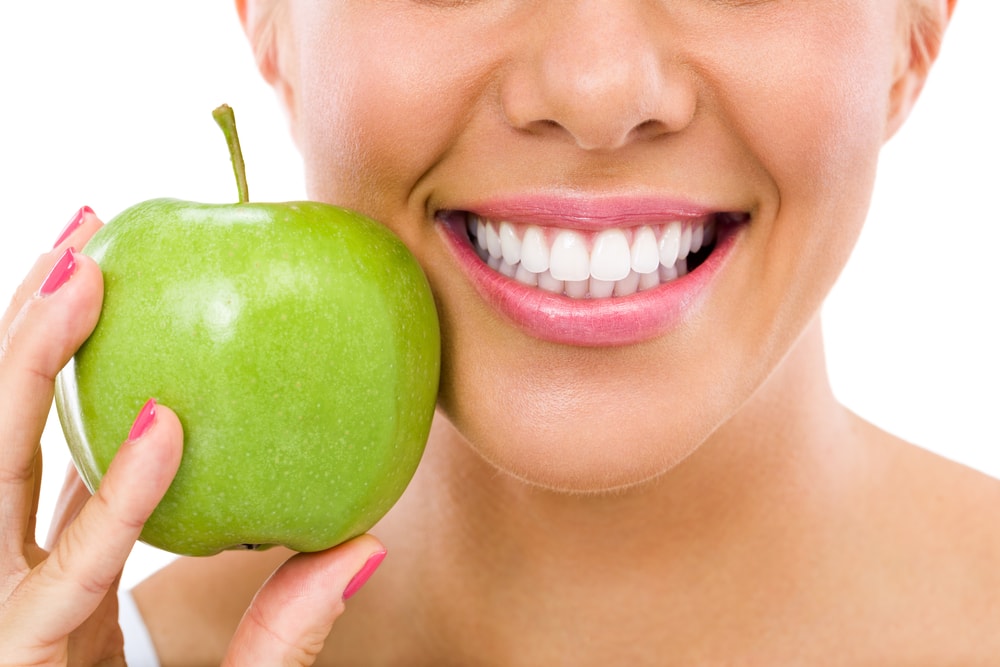Tooth decay, an affliction that plagues millions, often sneaks up on individuals through daily dietary choices. While we may be quick to blame sugary treats, the truth is that our eating habits encompass a vast range of influences on oral health.
From the foods we devour to the beverages we sip, each bite contributes to the intricate dance of bacteria in our mouths, setting the stage for either decay or dental well-being. It’s not just about avoiding the obvious culprits; understanding the broader landscape of nutrition is essential.
Armed with knowledge about what to embrace and what to eschew, individuals can take proactive steps toward safeguarding their smiles. This article delves into the profound impact of diet on tooth decay, illuminating the path toward a healthier mouth through mindful eating habits.
Nutrients Essential for Strong Teeth

To maintain strong and healthy teeth, certain nutrients play a pivotal role in fortifying enamel and promoting oral health. Calcium is perhaps the most well-known mineral linked to dental strength; it not only helps build and repair tooth structure but also maintains jawbone integrity.
Complementing calcium, phosphorus works synergistically to optimize mineralization, ensuring that our teeth can withstand daily wear and tear. Vitamin D is essential as well, acting as a facilitator for calcium absorption in the body. Meanwhile, vitamin C, often celebrated for its immune-boosting properties, is vital for the health of gum tissue and preventing periodontal disease.
Lastly, incorporating sources of fluoride—whether through diet or topical applications—can enhance enamel strength, making teeth more resilient against decay. A balanced diet rich in these essential nutrients is crucial for anyone looking to keep tooth decay at bay and maintain a radiant smile.
Foods That Promote Oral Health

Foods that promote oral health play a vital role in safeguarding your pearly whites from decay and disease. Crunchy fruits and vegetables, such as apples and carrots, not only stimulate saliva production—which helps wash away food particles and neutralize harmful acids—but also provide essential vitamins that strengthen tooth enamel.
Dairy products like yogurt and cheese are rich in calcium and phosphates, which alleviate the risk of cavities by helping to remineralize teeth. Moreover, nuts like almonds deliver healthy fats and proteins while being low in sugar.
And let’s not forget green tea, a seemingly simple brew with a powerful punch; its natural compounds help combat bacteria and reduce inflammation in the mouth. Incorporating these foods into your diet can create a formidable barrier against tooth decay, leading to a healthier, more radiant smile.
Foods to Avoid for Optimal Oral Health

To maintain optimal oral health, it’s essential to be mindful of certain foods that can hasten tooth decay. Sugary snacks—think sticky candies and pastries—cling to teeth, creating a feeding ground for harmful bacteria.
Similarly, acidic foods like citrus fruits and vinegar can erode enamel, compromising your natural defenses. Starchy foods, which may seem innocuous at first, can break down into sugars that linger on teeth, exacerbating the risk of cavities.
Additionally, hard or crunchy snacks may damage teeth if bitten too aggressively, leading to cracks or chips. Even seemingly healthy items, like granola bars, can be deceptive culprits due to hidden sugars.
By steering clear of these troublesome treats, you can build a stronger barrier against decay and keep your smile bright and healthy.
Conclusion
In conclusion, the relationship between diet and tooth decay is a crucial aspect of oral health that cannot be overlooked. Consuming a balanced diet rich in nutrients while avoiding excessive sugar and acidic foods can significantly reduce the risk of cavities and promote overall dental well-being.
Incorporating foods high in calcium, phosphorous, and vitamins can strengthen tooth enamel and support oral health. Additionally, utilizing products like Dentavim can further enhance your dental routine by providing targeted protection against decay. Ultimately, making informed dietary choices combined with regular dental hygiene practices will pave the way for a healthier smile and reduce the likelihood of tooth decay.


